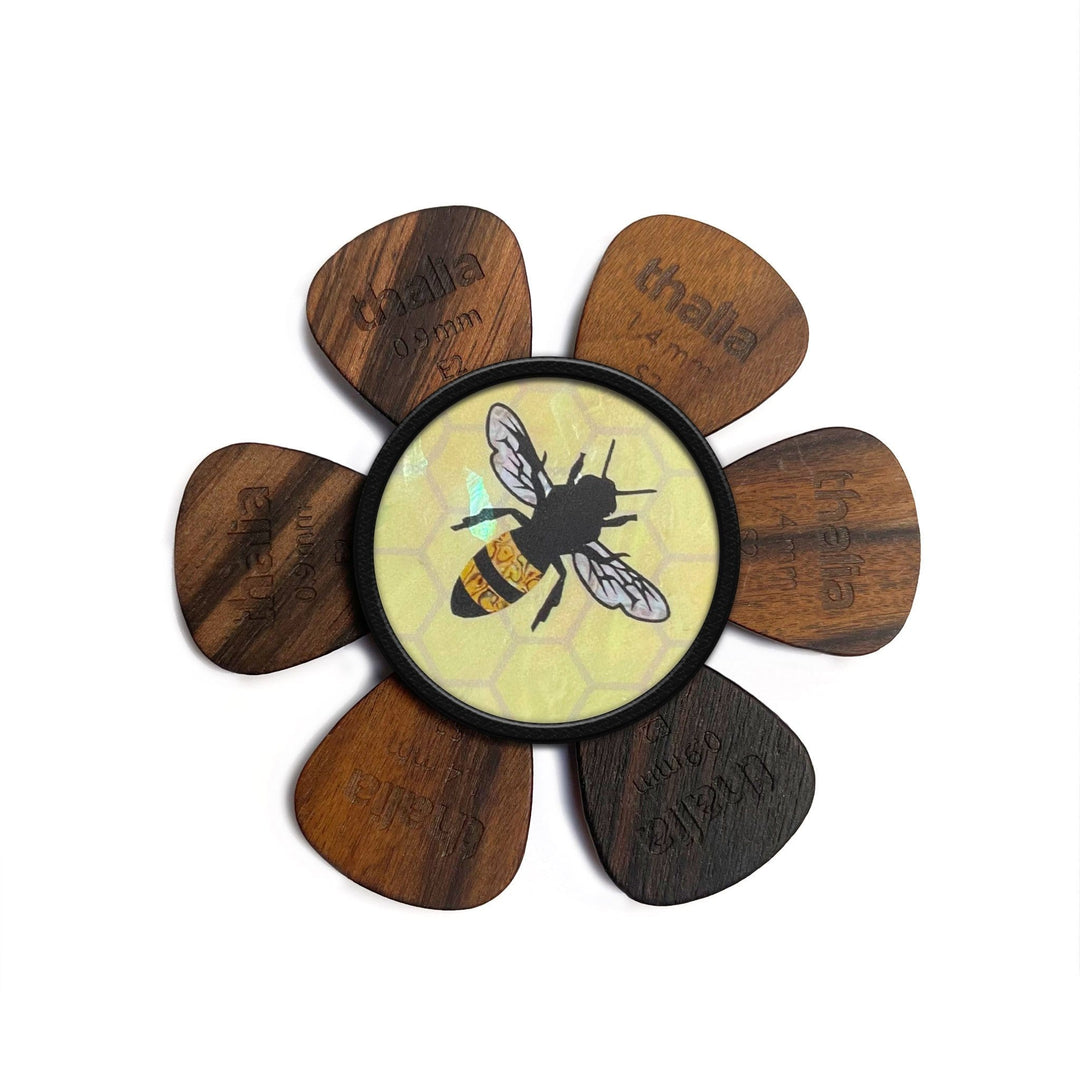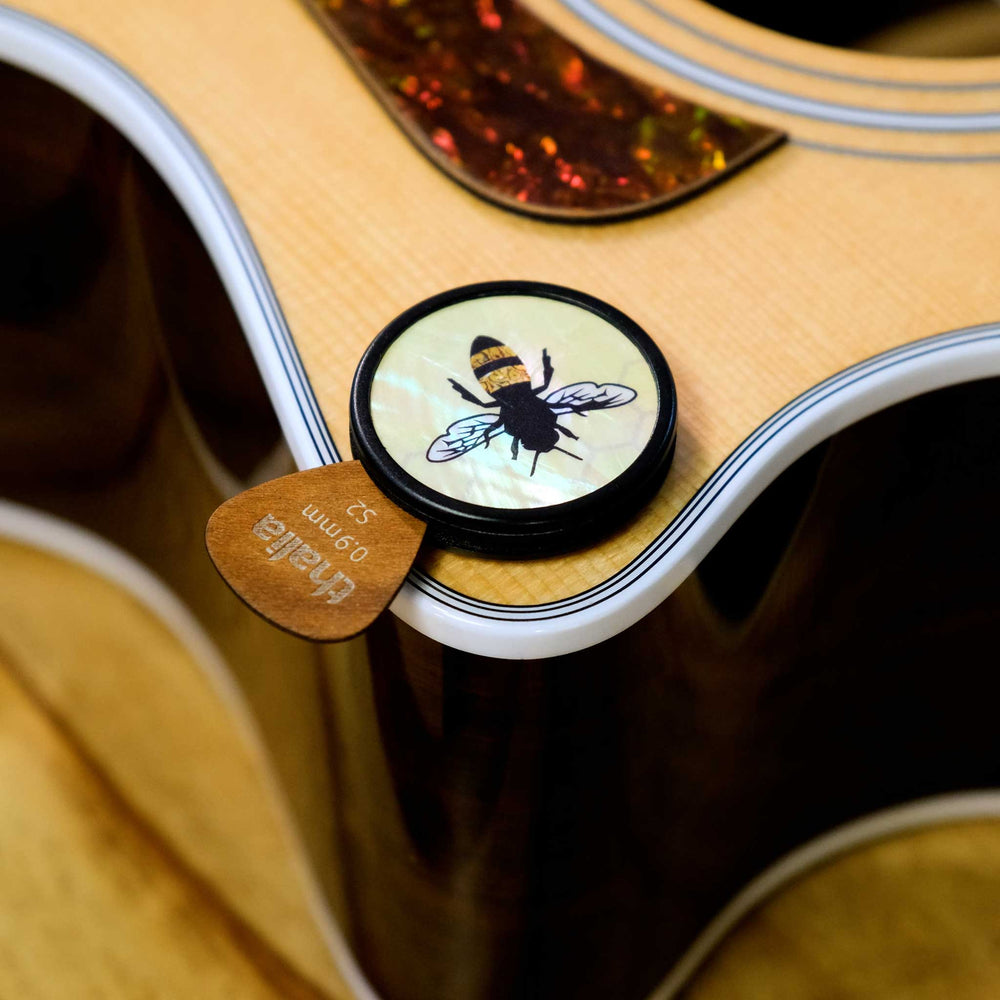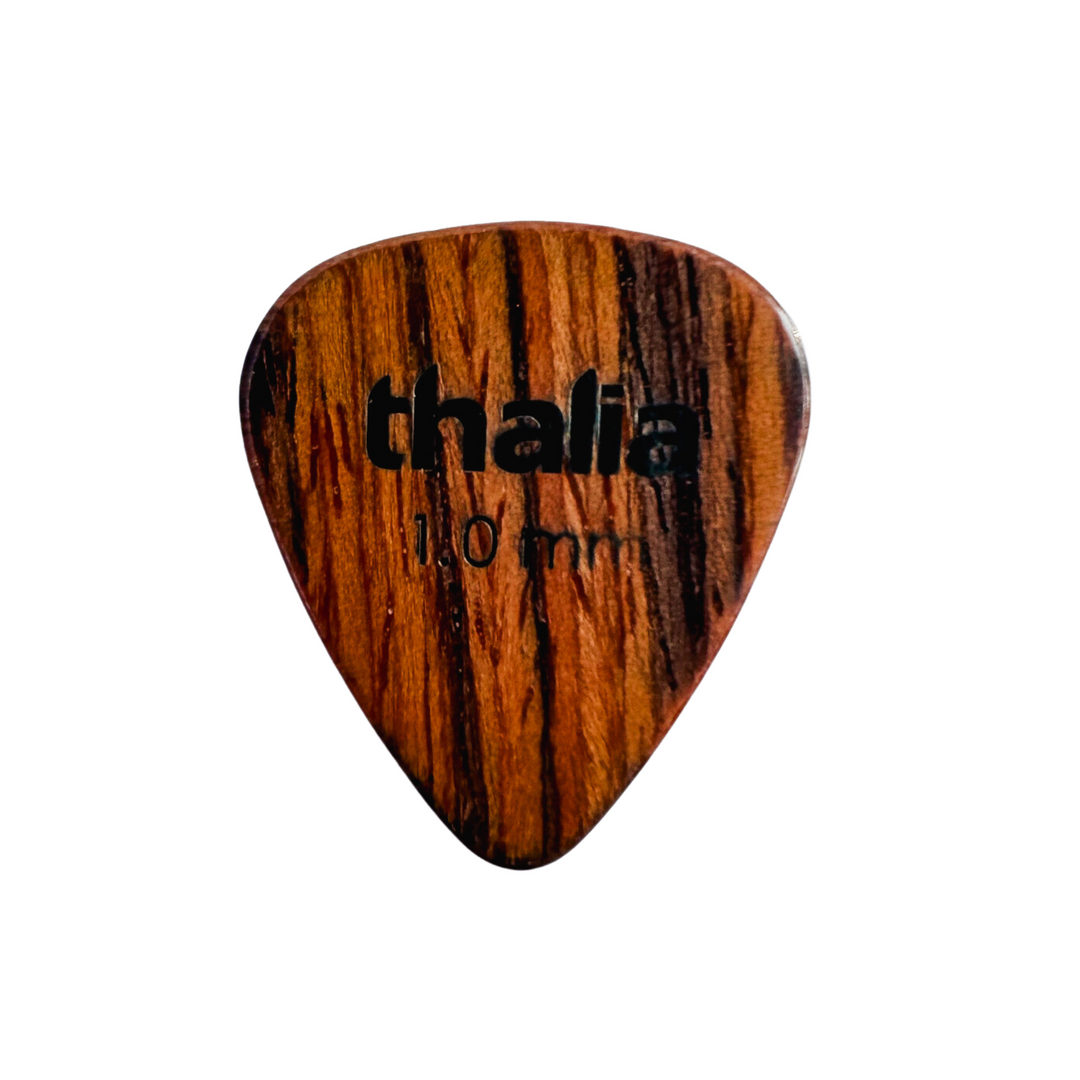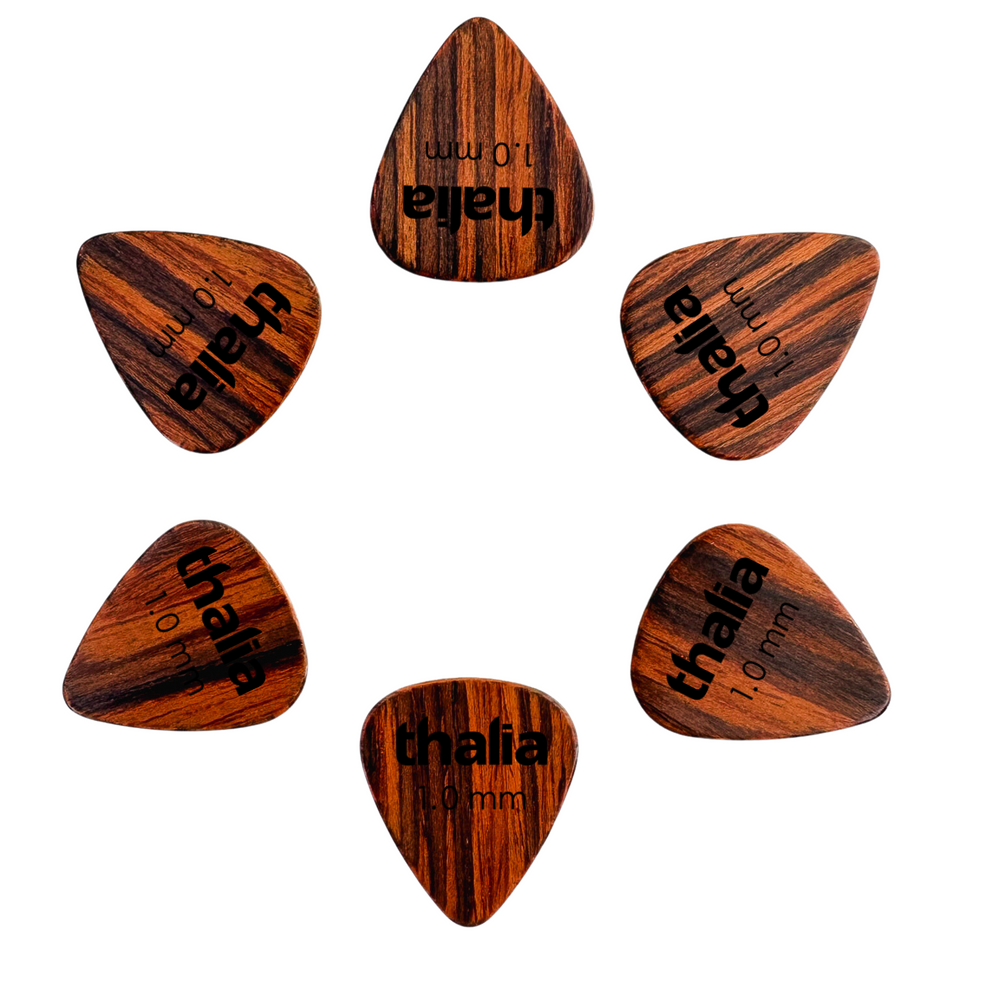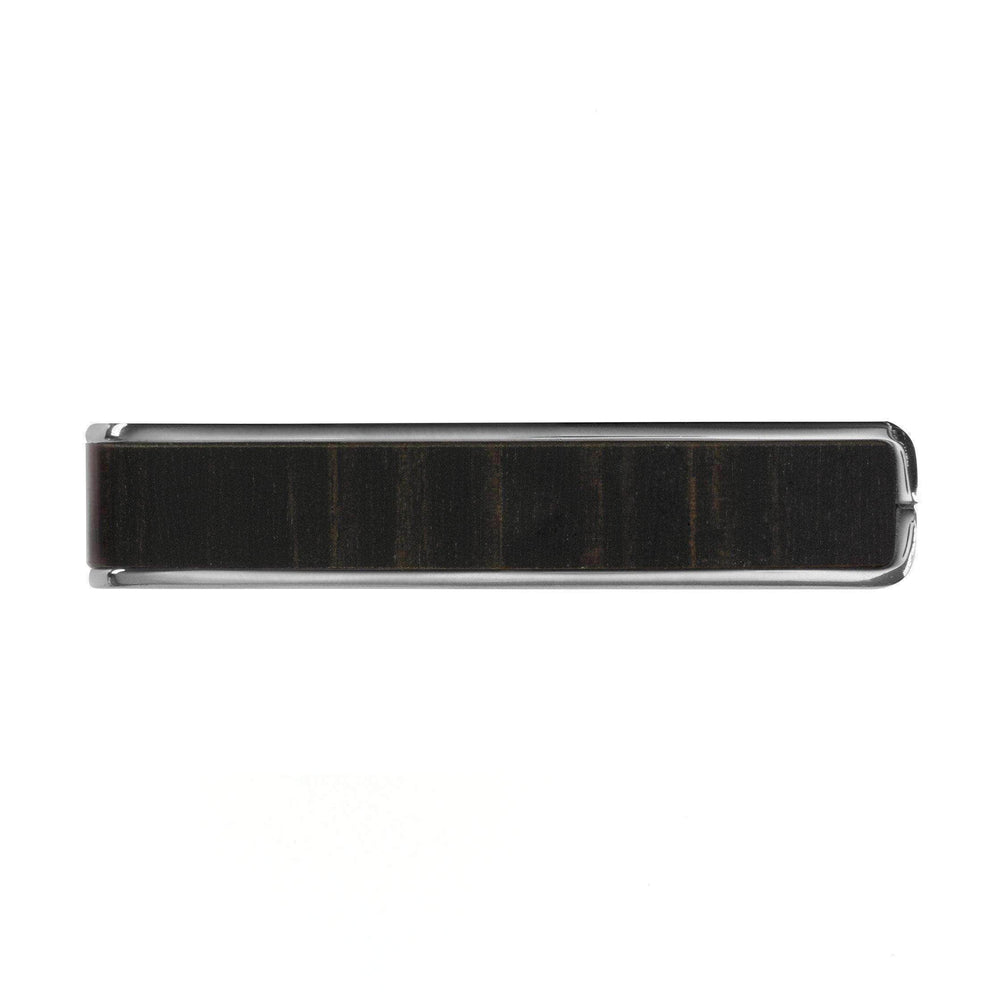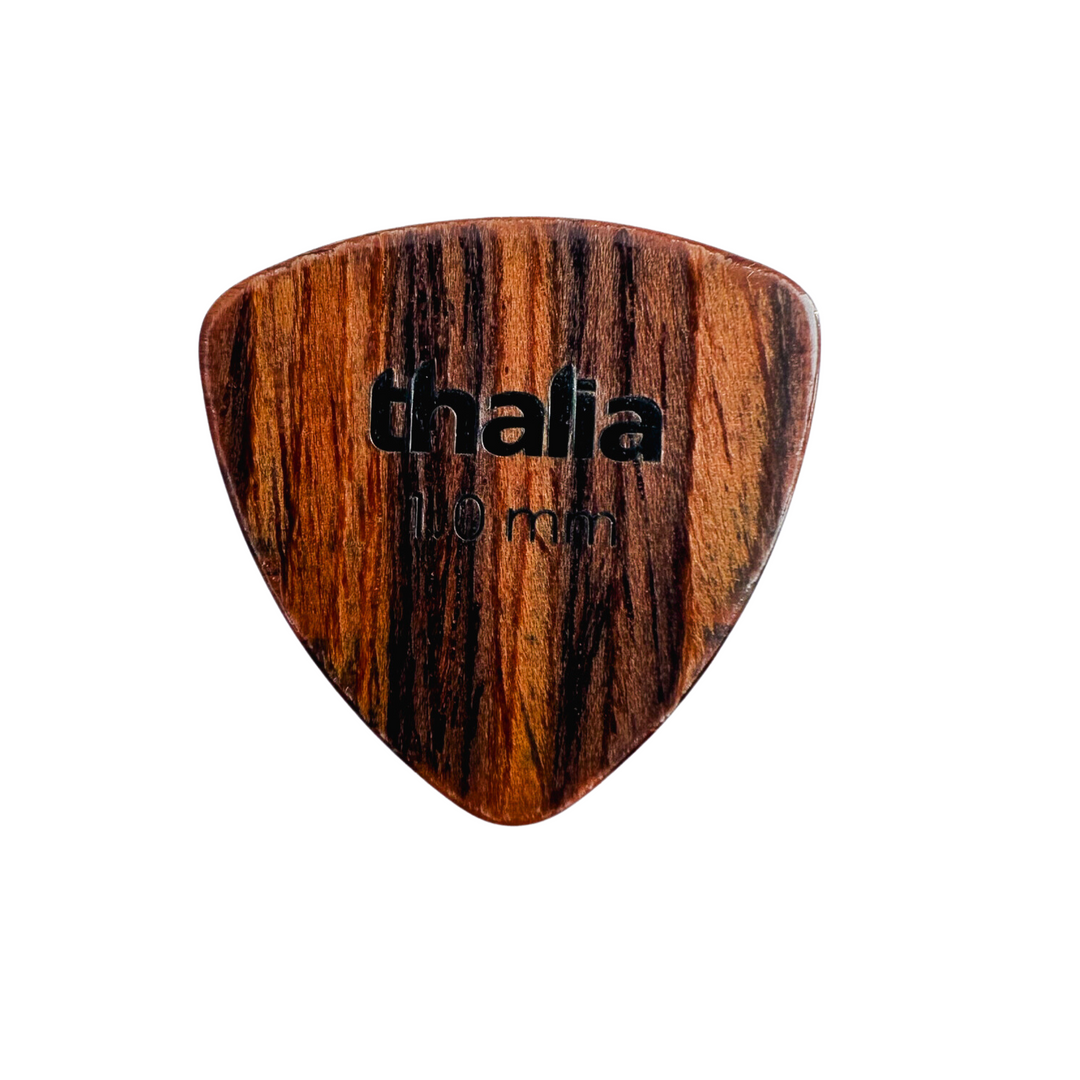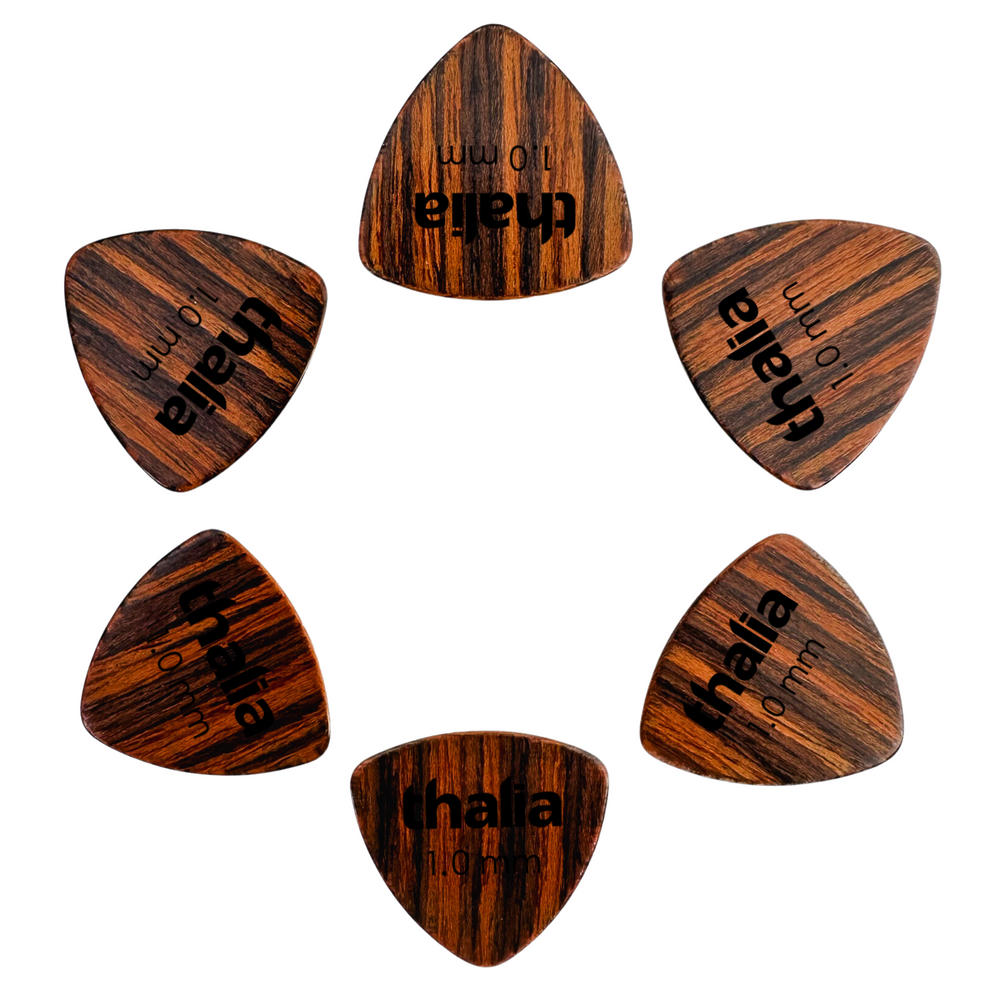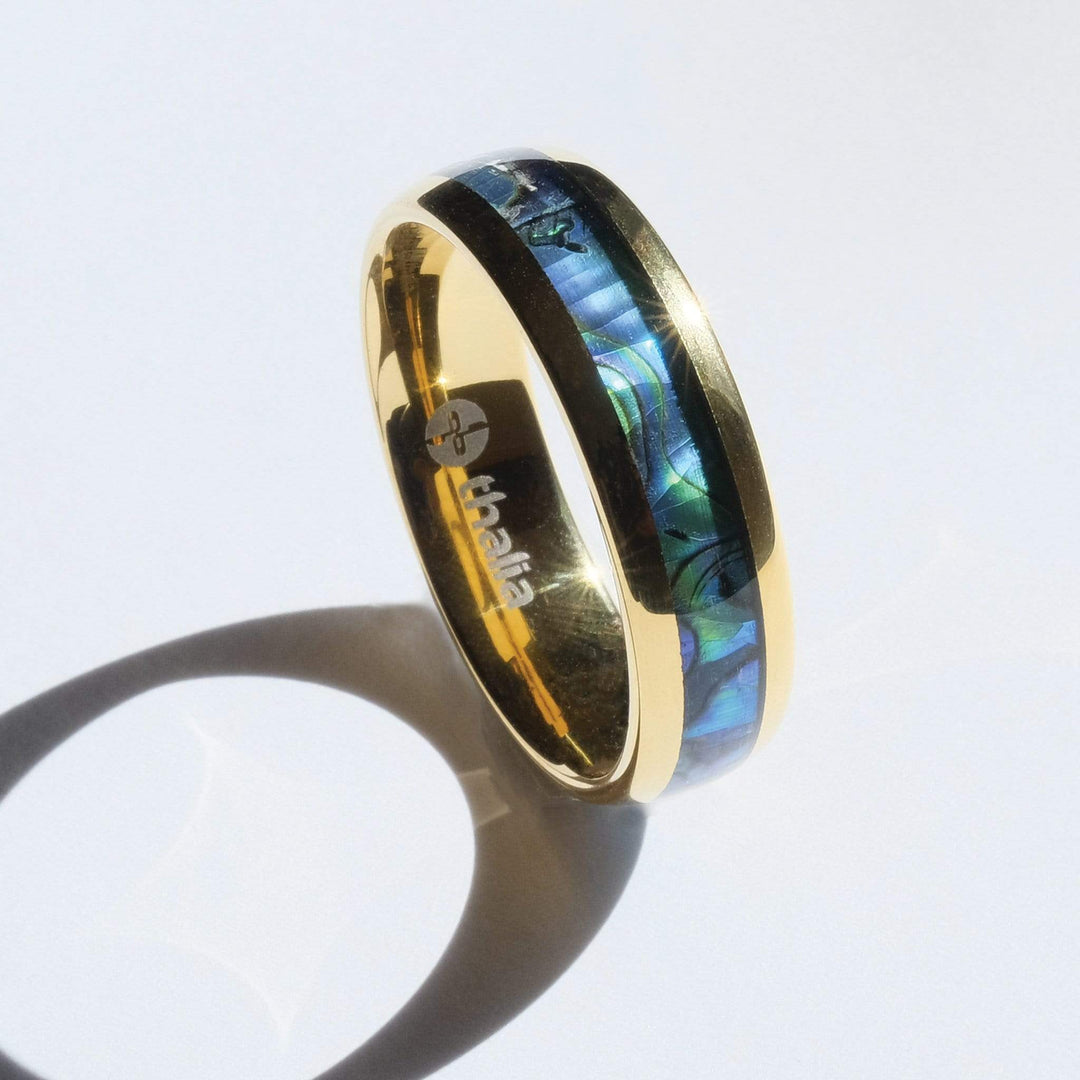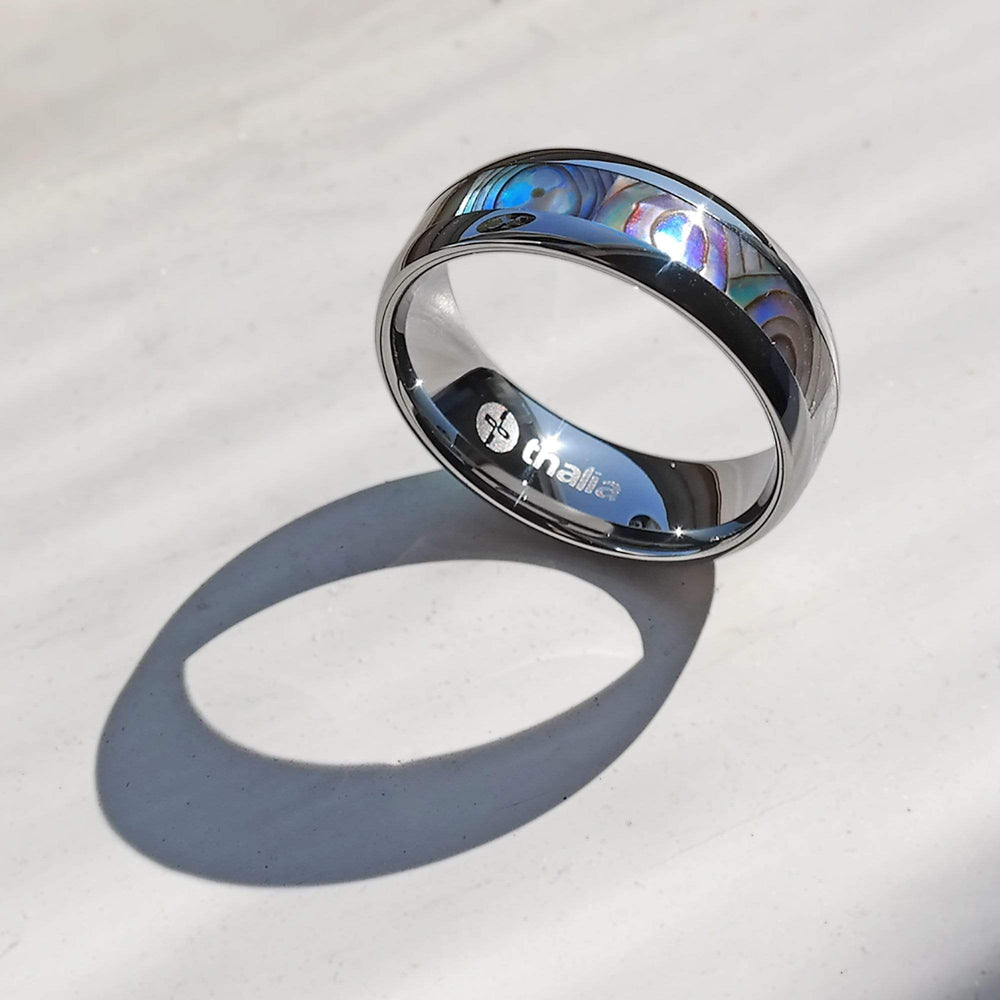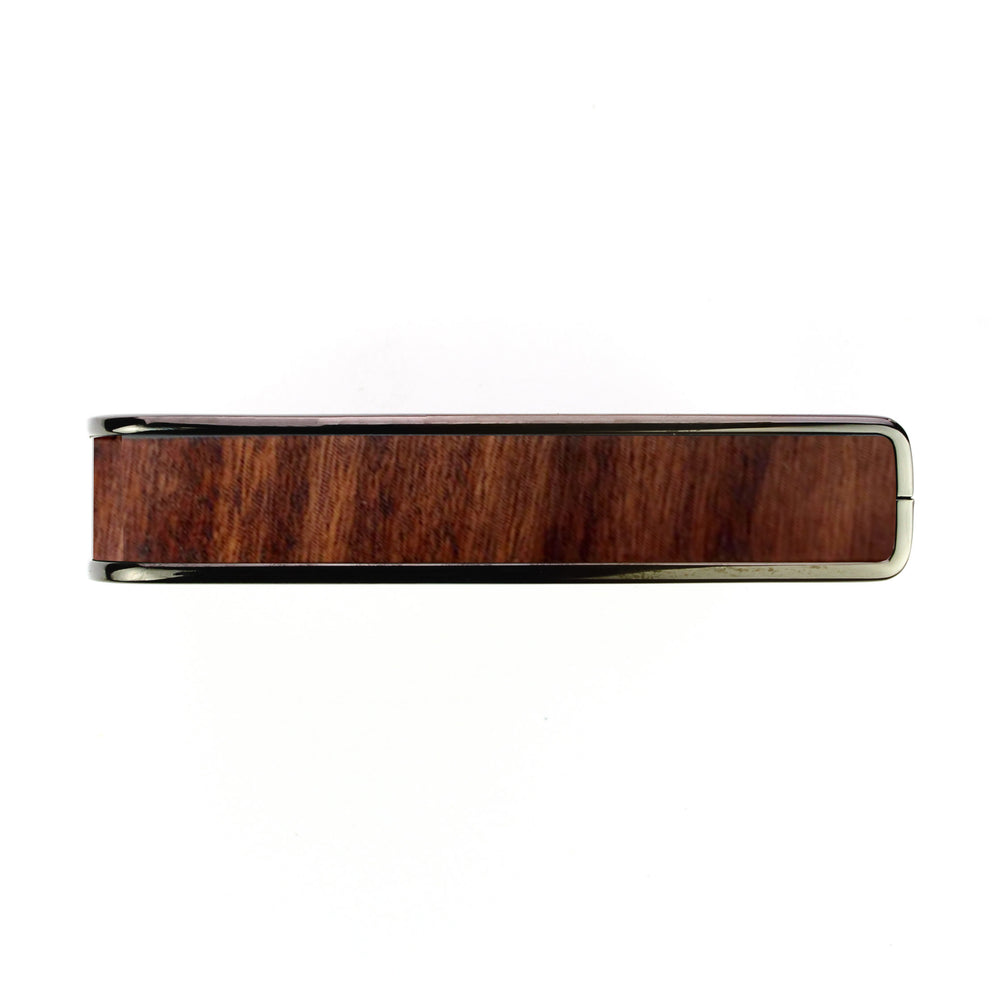Queen’s We Will Rock You: Why Less is Often More

Listening to Queen was one of my earliest exposures to guitar-based rock music. My parents loved Queen and that first Queen Greatest Hits album was on regular rotation in the car when I was growing up.
And, at that formative age, my absolute favorite Queen song was “We Will Rock You.” There was just something so immediately captivating about that sports stadium chant. It felt as much like a call to arms as a rock song and I got absolutely pumped every time I listened to it.
The weird thing about “We Will Rock You” is that, in spite of being one of the most iconic guitar based rock songs of all time, there’s no actual guitar in it for the first few minutes.
Turns out I wasn’t the only one who noticed this. Recently, I stumbled across an episode of NPR’s Fresh Air in which host Terry Gross speaks to Brian May about the writing of the song. This is how the conversation went:
“…Here's another really interesting thing to me about "We Will Rock You." It's the most famous song that you've written. It's a largely a cappella song. You come in for your guitar solo at the very end. So until like the very, very end, like, you're not even playing on it. And it's just kind of amazing that you, as the guitarist, would write a song that you're barely featured on.
MAY: Well, I'm featured stomping and clapping, you see.
GROSS: Well, yes. And you're very good at that.
(LAUGHTER)
MAY: Yeah. Well, you see, songs aren't about guitars to me. Songs are about truthfully, a song is about a singer, in my opinion. And if the singer gets the idea across, then you're almost home and dry. You know, you can make the most beautiful piece of production - and I love production. You know, production is a big, big part of my life. But I'm always aware that if you don't have the right singer, and he doesn't have the right feeling, you're wasting your time. So a song is a song to me. And it doesn't matter what song. It could be a piano or an accordion on it, you know. If it's the right song and the right singer, and you feel passion, that's what it's about.
The guitars - yeah, I didn't want us to be standard. I didn't want it to be like, oh, here's a guitar solo, and then we sing another verse. I wanted it to be something stark and different. So it was very deliberate that I left the guitar solo to the end just because that was a final statement and a different statement - taking it off in a completely different direction. It changes key into that piece too, you know. So it's a whole different kind of trip. It was not a standard pop song.”
“We Will Rock You” is one of the greatest guitar songs of all time. And it’s one of the greatest precisely because there isn’t any guitar in it for the first two minutes. Sometimes, knowing when not to play makes all the difference.








